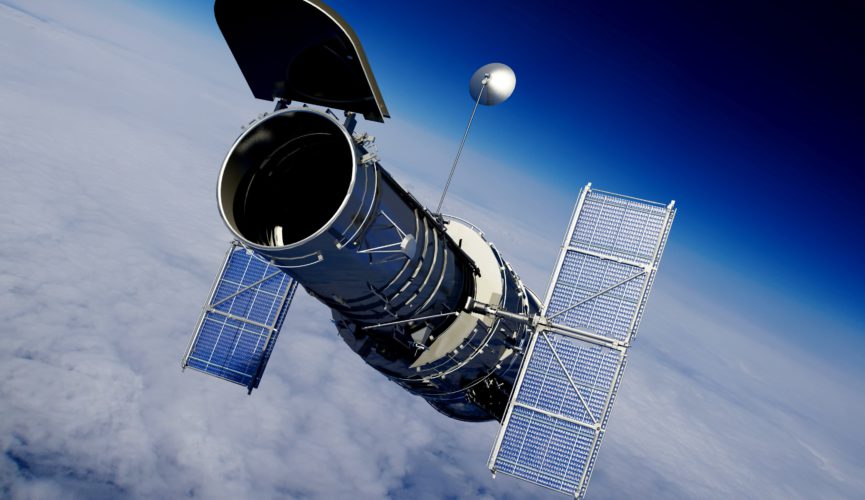Before the development of clearly defined ports, mariners were guided by fires built on hilltops. Since raising the fire would improve the visibility, placing the fire on a platform became a practice that led to the development of the lighthouse. In antiquity, the lighthouse functioned more as an entrance marker to ports than as a warning signal for reefs and promontories, unlike many modern lighthouses.
The modern era of lighthouses began at the turn of the 18th century, as lighthouse construction boomed in lockstep with burgeoning levels of transatlantic commerce. Advances in structural engineering and new and efficient lighting equipment allowed for the creation of larger and more powerful lighthouses, including ones exposed to the sea. The function of lighthouses shifted toward the provision of a visible warning against shipping hazards, such as rocks or reefs.
The Eddystone Rocks, an extensive reef near Plymouth Sound, England and one of the major shipwreck hazards for mariners sailing through the English Channel, was the site of many technical and conceptual advances in lighthouse construction. The difficulty of gaining a foothold on the dangerous rocks, particularly in the predominant swell, meant that it was a long time before anyone attempted to place any warning on them.
Continue reading
